Indigenous Language
Indigenous Language
Nigeria, often referred to as the "Giant of Africa," is a country blessed with an incredibly rich cultural heritage, and one of the most significant aspects of this heritage is its linguistic diversity. With over 500 languages spoken across its territory, Nigeria is home to approximately 7% of the world's total languages! This linguistic melting pot is an evidence of the country's cultural wealth and complexity.
There are three (3) Major Nigerian Indigenous Languages:
- Hausa: Spoken by approximately 50 million people, primarily in the northern region, Hausa is one of the most widely spoken languages in West Africa. It's a key language for trade and commerce in the region.
- Yoruba: With around 30 million speakers, mainly in the southwestern region, Yoruba is another prominent language in Nigeria. It's known for its rich cultural heritage and is the language of many prominent Nigerian authors and intellectuals.
- Igbo: Spoken by about 25 million people, predominantly in the southeastern region, Igbo is a vital language in Nigerian culture. It's known for its complex grammar and is a symbol of identity for the Igbo people.
Other Notable Nigerian Indigenous Languages include:
- Fulani (Fufulde) Spoken by around 15 million people, primarily in the northern region, Fulani is a language closely associated with the Fulani people, a prominent ethnic group in West Africa.
- Kanuri: With approximately 6 million speakers, mainly in the northeastern region, Kanuri is an important language in Nigeria's northeastern states.
- Ibibio: Spoken by around 5 million people, primarily in the southern region, Ibibio is a key language in the Niger Delta region.
- Edo: With approximately 3 million speakers, mainly in the southern region, Edo is a significant language in Nigerian culture and history.
- Nupe: Spoken by around 2 million people, primarily in the central region, Nupe is a language closely associated with the Nupe people, a prominent ethnic group in central Nigeria.
- Tiv: With approximately 2 million speakers, mainly in the central region, Tiv is an important language in Nigeria's central states.
Importance of Nigerian Indigenous Languages
These languages are not just a means of communication; they're also repositories of Nigerian culture, history, and values. They play a vital role in:
- Preserving cultural heritage and traditions
- Shaping identity and community
- Facilitating communication and social cohesion
- Enriching literature and art
- Supporting education and research
Challenges Facing Nigerian Indigenous Languages
Despite their importance, Nigerian indigenous languages face challenges such as:
- Decline in usage among younger generations
- Limited documentation and research
- Influence of foreign languages (e.g., English)
- Urbanization and migration
Efforts to Promote Nigerian Indigenous Languages
To address these challenges, initiatives such as:
- Language documentation and digitalization
- Language education and literacy programs
- Cultural exchange and language immersion initiatives
- Collaboration with communities, researchers, and organizations
- Development of language policies and plans are underway to promote and preserve Nigerian indigenous languages.
Nigerian indigenous languages are a treasure trove of cultural diversity, and their preservation is crucial for Nigeria's cultural heritage and identity. By promoting and celebrating these languages, we can enrich our understanding of Nigerian culture and support the country's linguistic diversity.
